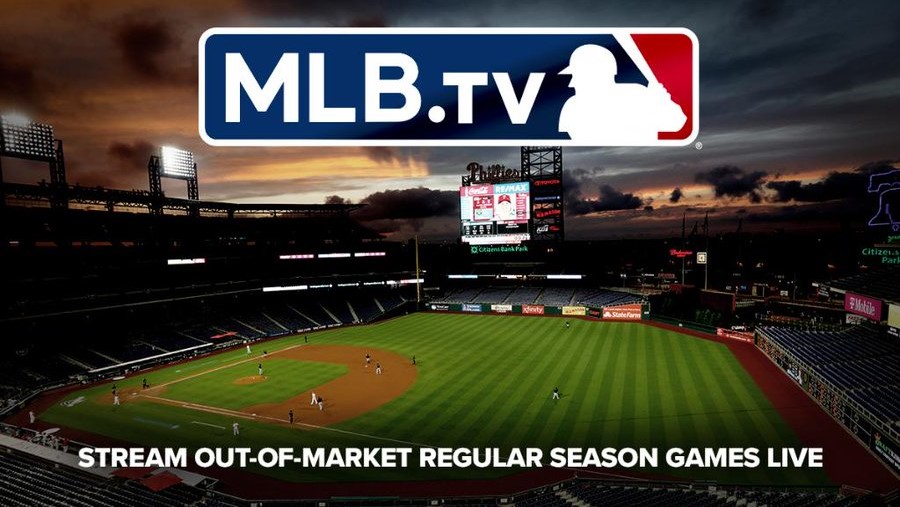Analyst: Crackdown on Pharma Ads Will Have “Profound” Impact on TV
Pharmaceutical ads now account for 9% of TV advertising according to LightShed Partner’s Richard Greenfield and an even higher percentage of spots on evening newscasts

The professional video industry's #1 source for news, trends and product and tech information. Sign up below.
You are now subscribed
Your newsletter sign-up was successful
A recent announcement by the Trump administration that it plans to crack down on the roaring costs of prescription drug advertising as part of a push to curb misleading advertising and reduce drug prices, could have a “profound effect on TV advertising,” noted LightShed Partners Richard Greenfield in a podcast.
The Federal Drug Administration requires drug companies to disclose the risks of their prescription drugs. In 1997, during the Clinton administration, the agency significantly liberalized those rules, Greenfield said.
The new rules, known as the adequat provision, "allowed drug companies to not have to go through the laundry list of side effects [in every ad]. They could basically…refer to this phone number, or now today, refer to this website” as a way to show they had made an adequate disclosure of the risks.
“If that gets repealed…if they are able to accomplish that, the thing that investors need to be aware of is that before 1997 pharma advertising on TV was less than 1% now it is 9% so this would have a very profound effect on TV advertising," he explained.
If advertisers had to list all those risks, it would be very difficult if not impossible for them to air 30 second ads. “You'd be talking one to two minute ads, which are just not practical for television,” he said.
Others put the impact at much higher for news programming, which depends heavily on pharma ads.
The Nieman Lab reported that drug advertising hit $10.1 billion in 2024, up from $600 million in 1996 and that "in the first five months of this year [2025], drug ads accounted for 24% of all ads on evening network and cable newscasts.”
The professional video industry's #1 source for news, trends and product and tech information. Sign up below.
More details on the effort can be found in the White House announcement here. and in a blog post by the law firm Herbert Smith Freehills Kramer.
“On Tuesday, September 9, 2025, President Trump signed a memorandum directing Health and Human Services Secretary Robert F. Kennedy Jr. and FDA Commissioner Marty Makary to take appropriate action to `ensure transparency and accuracy in direct-to-consumer prescription drug advertising,’ including by increasing the amount of information related to drug side effects contained in these advertisements,” the blog said. “As a consequence, the pharmaceutical industry should expect to see increased scrutiny of its direct-to-consumer advertising.”
George Winslow is the senior content producer for TV Tech. He has written about the television, media and technology industries for nearly 30 years for such publications as Broadcasting & Cable, Multichannel News and TV Tech. Over the years, he has edited a number of magazines, including Multichannel News International and World Screen, and moderated panels at such major industry events as NAB and MIP TV. He has published two books and dozens of encyclopedia articles on such subjects as the media, New York City history and economics.

